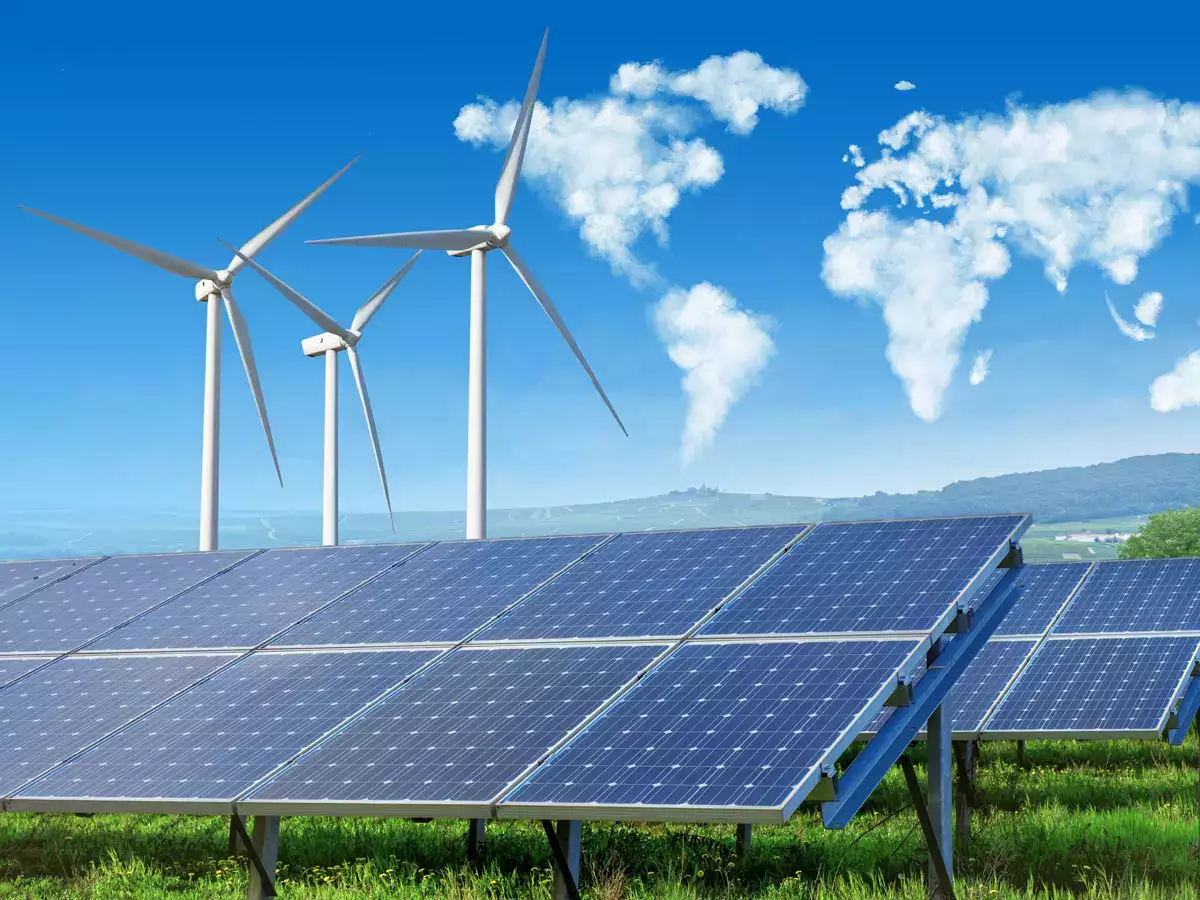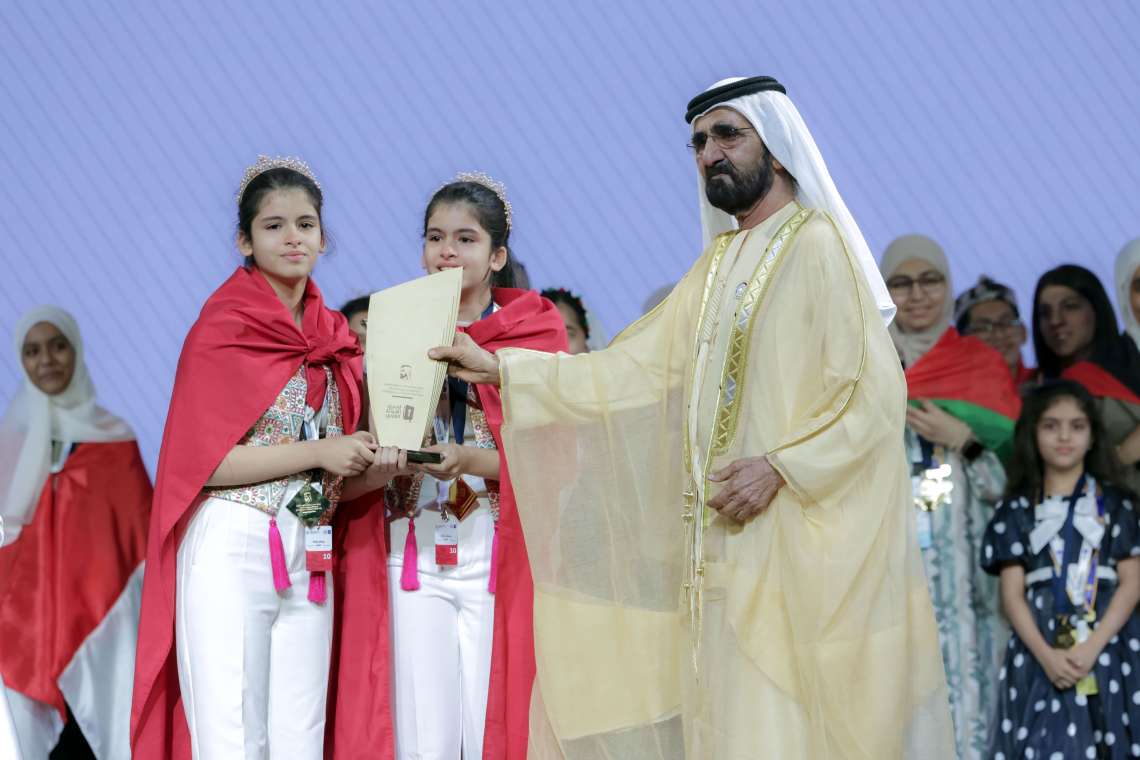The increase is in addition to the development of 300 megawatts (MW) of Battery Energy Storage Systems (BESS)….reports Asian Lite News
Emirates Water and Electricity Company (EWEC) has recommended to increase its total solar power generation capacity by 606 percent to 7.3 gigawatts (GW) between 2023 and 2030. This was in its latest ‘Statement of Future Capacity Requirements 2023-2029: Summary Report’ for Abu Dhabi’s future water and electricity production.
The increase is in addition to the development of 300 megawatts (MW) of Battery Energy Storage Systems (BESS). Furthermore, the Statement endorses continued investment in low-carbon intensive reverse osmosis (RO) water desalination technology to enable over 90 percent of the total water demand to be met using RO by 2030.
The Statement, published by EWEC and approved by the Abu Dhabi Department of Energy (DoE), outlines the future production capacity requirements for Abu Dhabi and beyond. The report forecasts the requirement for an additional 3GW (AC) of solar power capacity by 2029, in addition to the 1.5GW (AC) of solar power procured from Al Ajban Solar PV once it reaches commercial operations in 2026.
The report also recommends procuring a minimum of 300MW of battery capacity with a one-hour depth of storage by 2026, to provide operating reserves and other system services, improving system operability and enhancing overall network stability.
The implementation of these strategic renewable and clean energy projects will see the company’s average carbon dioxide intensity from electricity generation fall from 0.33 kilograms per kilowatt-hour (kg/kWh) in 2019, to an estimated 0.19kg/kWh by 2029.
“Our Statement of Future Capacity Requirements Summary Report demonstrates EWEC’s commitment to advancing the UAE’s energy transition while continuing to ensure a secure and reliable supply of water and electricity in the UAE,” Othman Al Ali, Chief Executive Officer of EWEC, said.
“This report provides a powerful key reference that outlines Abu Dhabi and the UAE’s future needs. Our growing portfolio of renewable and clean energy projects is accelerating the decarbonisation of the country’s energy sector in line with the UAE Net Zero by 2050 strategic initiative whilst supporting the realisation of the Abu Dhabi Department of Energy’s Clean Energy Target 2035. The development of our world-leading strategic projects underpin the country’s journey towards a more sustainable future, positioning it as a role model for sustainable and efficient water and electricity production.”
Thermal power projects using gas turbine technology are part of EWEC’s plans to support the transformation of the energy mix by serving as an effective bridge to a decarbonised energy sector that achieves the country’s energy transition objectives.
To meet reserve margin requirements, growing demand, and replace 7GW of contract-expiring thermal cogeneration plants, the Statement recommends securing a total of 9GW of thermal capacity from open- or combined-cycle gas turbines through asset extension, reconfiguration or new development.
EWEC’s report also forecasts the need to proceed with the development of two low-carbon intensive RO desalination plants, Mirfa 2 Reverse Osmosis, which will have the capacity to produce 120MIGD of potable water, and the Shuweihat 4 Reverse Osmosis, with a production capacity of 70MIGD.
Additionally, the report highlights the need to develop the 100MIGD Abu Dhabi Islands RO desalination project in 2027. This is primarily driven by RO’s substantial cost advantage over existing cogeneration assets. The unit cost of water from new RO is approximately 60 percent lower than the current average system cost of water production. The report states that more RO is required to satisfy peak demand and reduce overall sector costs.
EWEC forecasts that over 90 percent of its water production will be generated from RO water desalination plants by 2030. Additionally, it expects a reduction of water production emissions intensity from 11.5 kilograms per cubic metres (kg/m3) in 2019, to an estimated 1.4kg/m3 by 2029.













